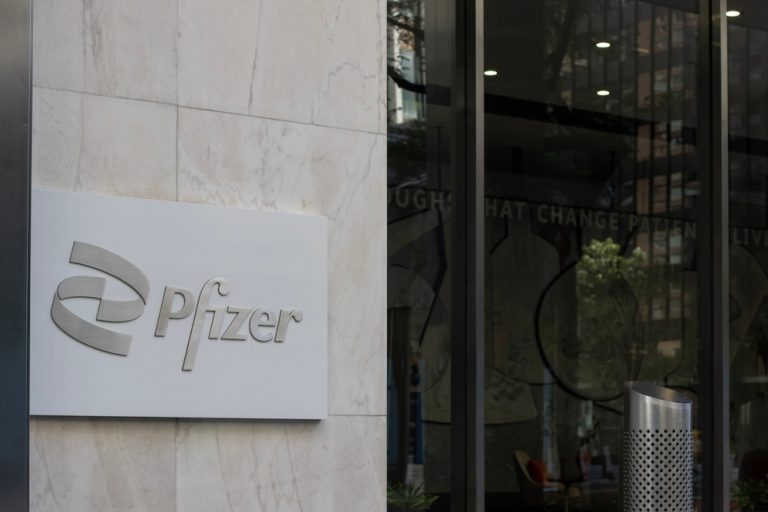In a novel initiative to revitalize its customer services, John Lewis has partnered with Randox Health to offer in-store health checks, including tests for vitamin deficiencies and hormone imbalances. This collaboration marks a strategic move to increase footfall in their stores, starting with a clinic in the High Wycombe store on December 18th, followed by the Bluewater shopping centre in Kent. Amid a challenging retail environment, this service addition aligns with John Lewis’s commitment to making healthcare “more convenient and accessible” as sales within the chain have experienced a downturn.
As the UK high streets grapple with the burgeoning e-commerce market and the after-effects of the pandemic, John Lewis is diversifying its in-store services to stay competitive. Naomi Simcock, the head of the John Lewis chain, emphasized the strategic partnership, stating, “In Randox, we have an experienced and innovative partner to extend our range of in-store services to help customers proactively manage their health and wellbeing.” This sentiment echoes the company’s direction in enhancing customer experience beyond traditional retail offerings.
Despite Randox Health’s previous controversies over contract awards during the pandemic, the NAO’s investigation found no impropriety, positioning Randox as a credible partner in this new venture. The department store’s adaptation is part of a broader overhaul by the retailer’s chairwoman, Sharon White, who is slated to depart the firm in February next year after navigating a challenging period that saw the John Lewis Partnership report significant losses.
The initiative by John Lewis to incorporate health checks into its customer services is a testament to the evolving landscape of brick-and-mortar retail. By offering health assessments through Randox programmes, starting at £295, John Lewis is stepping into a realm that intertwines retail with healthcare, hoping to provide a value-added reason for customers to visit their stores. With the UK’s retail sector in flux, John Lewis’s innovative approach may set a new benchmark for how department stores can reinvent themselves in the face of shifting consumer behaviours.























+ There are no comments
Add yours